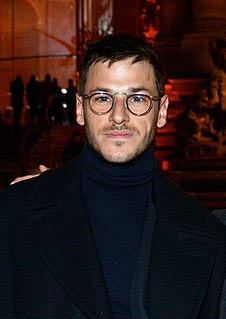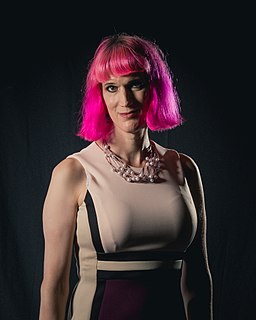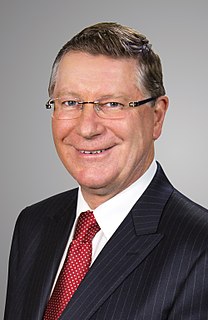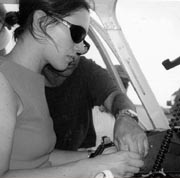A Quote by Aaron Levie
I interned at Miramax and subsequently at Paramount because I was really curious about the future of entertainment - how were we going to get films online? While the inspiration for Box didn't come from that experience directly, it was very obvious that bigger businesses had a lot of slow processes and cumbersome technology.
Related Quotes
I had a really regular progression--and this is really pleasant, I think--because I had small parts in TV movies, then bigger parts in TV movies, and then small parts in films. And I think this allows you to get...experience of the set and to get familiar with [the process]. And as I had a really slow progression, I think it really helped me to stay lucid and not get carried away.
When we started on 'Coraline,' there was a whole host of things that we had no idea how we were going to do. Because we were making films in a way that had never really been done before, we were taking this hundred-year-old art form and bringing it into a new era by embracing technology and innovation.
To me, acting is very therapeutic. I get out a lot of anger and frustration. It's maybe hard to believe, but as a kid I really had a lot of self-doubts. My father was very ill - he was an alcoholic - so there were a lot of things that built up for me. And because I was going to a Catholic school in a small German town, a lot of it was suppressed. I was angry and didn't know how to get it out.
If you look at America, one of the great strengths of America is its university towns and the way a lot of their businesses and a lot of their innovation and enormous economic growth have come from reducing that gap, getting those universities directly involved in start-up businesses, green field businesses, new development businesses.
Most women who are harassed don't come forward, they don't complain because they're skeptical of the process, or they don't think anything is going to come of it if they are found to have been harassed. We know from some very public cases that sexual assault isn't always punished even by the courts in the way that they should be. So, we have got to figure out, how are we going to embed women's experiences in the processes, so that they trust the processes, that there are fair investigations that get to the truth, and then there is appropriate punishment when abuse occurs?
It's maybe hard to believe, but as a kid I really had a lot of self-doubts. My father was very ill - he was an alcoholic - so there were a lot of things that built up for me. And because I was going to a Catholic school in a small German town, a lot of it was suppressed. I was angry and didn't know how to get it out.
Boom and bust cycles are very difficult for businesses because you're hiring a bunch because you're planning for the future. And if the future is going to be very big, you need to hire people, or suddenly you go to boom to bust, then all of a sudden, you're kind of battening down the hatches and trying to sail, you know, through the storm, it's a different thing. So part of it is making good decisions about, well, how long is a boom cycle going to be, you know, don't plan on it going forever.
I think the films and the paintings erase each other. The paintings are extremely slow and constantly going on in the studio - they're constantly regenerating themselves in this slow, monotonous way that's a physical struggle and can be a pain in the ass. They're all based on very specific math and diagrams. And the films, when I'm making them, are very fast, very collaborative, with a lot of improvisation.
What I think is important about essayists, about the essay as opposed to a lot of personal writing is that the material has to be presented in a processed way. I'm just not interested in writing, "Hey, this is what happened to me today." You get to a place that has very little to do with your personal experience and talks about some larger idea or something in the culture. I don't think you can get to that unless you have had a lot of time to gestate and maybe if I was taking a lot of notes while stuff was going on, I wouldn't be able to get to that place as easily.


































